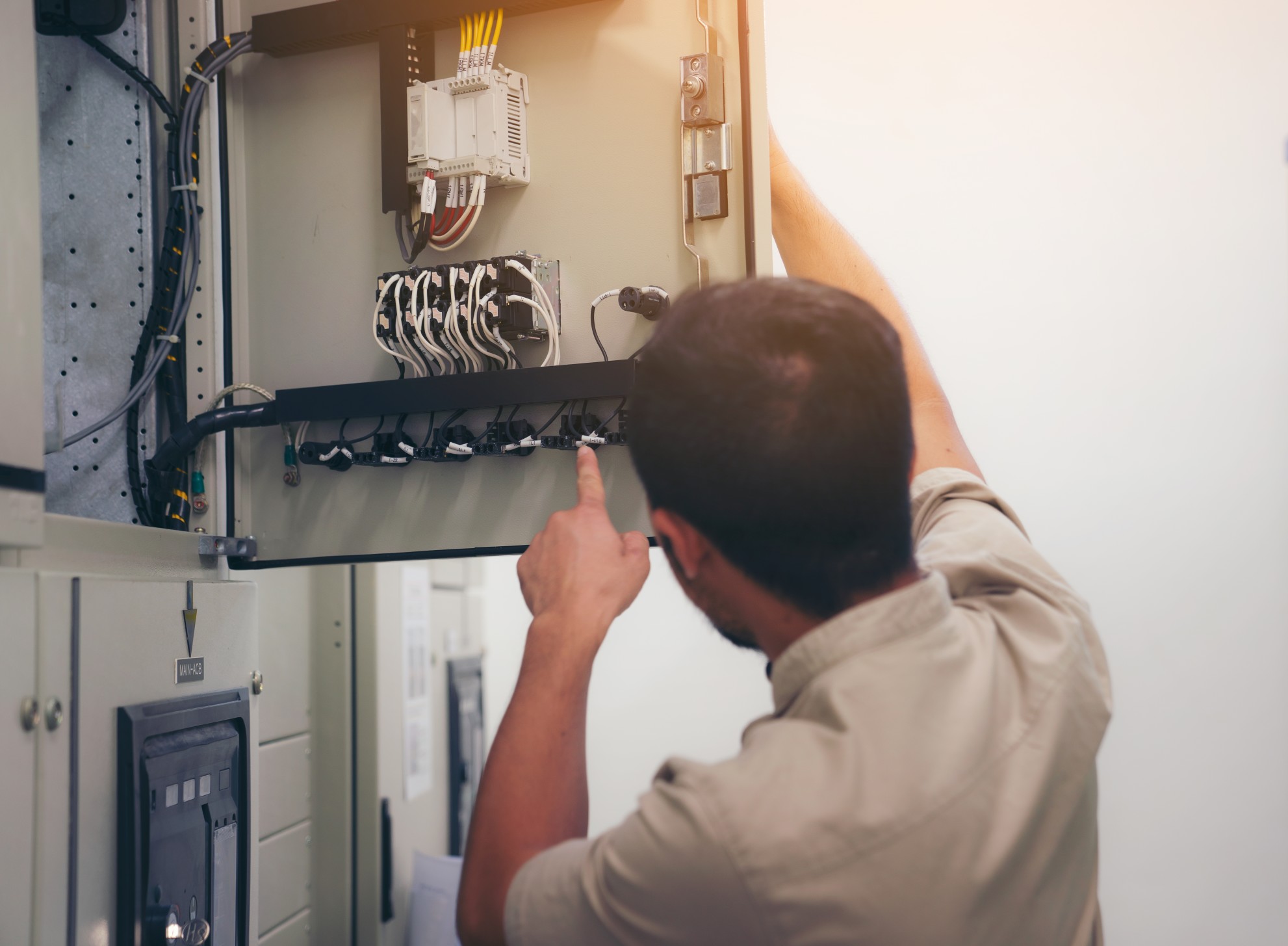While we always recommend homeowners and commercial property owners learn more about their electrical systems, the average person doesn’t have the time or opportunity to know as much as an electrician. Unfortunately, there are many common electricity myths believed by the public that are harmful to systems or dangerous to people, and an electrician can’t always be nearby to separate the truth from fiction. Today, we will discuss some of the most pervasive electricity myths you might hear in America.
Top Electricity Myths
Because most people don’t have a real grasp of how electricity works and how it interacts with other materials and appliances, most electricity myths overestimate or underestimate the danger to significant degrees.
Myth #1 – All About Devices and Lights
If you ask people in your life about the best ways to save energy or improve the lifespans of electrical devices, you are sure to get a wide range of answers.
Despite what you may have heard, keeping devices and lights on does not save energy compared to turning them on and off. While certain appliances might use more initial power on startup, any period of extended use is sure to use drastically more power. You can safely power down computers and turn off lights, even if you plan to use them again shortly.
However, turning off devices doesn’t mean all your energy concerns disappear. According to the US Department of Energy, up to 10% of all residential electrical usage can be attributed to devices not in use that are drawing standby power. Since unplugging your TV, computer, and other common household devices every time you leave the house can be tiresome, we recommend using power strips with an on/off switch. One button press is enough to eliminate the possibility of power being drawn when your devices aren’t in use, and turning them back on is just as easy.
Myth #2 – Insulation Always Keeps You Safe
Nearly everything that relies on electricity will have insulation that protects users from harm, but it is important to remember that electricity, especially at high amperage, is always dangerous.
Whenever you are investigating an electrical issue or attempting a minor DIY fix, don’t rely on worn-out wiring covers or insulation gear like rubber gloves. Any material added to rubber clothing that isn’t rubber increases the material’s conductivity and raises the risk that electricity will flow into your body.
Furthermore, some things you think are insulated might not be. For example, power lines are not insulated, primarily due to the added cost and increase in weight that heavy insulation coverings would bring. If a hurricane or nasty storm damages power lines in your area, keep a wide berth and contact local authorities and energy companies.
Myth #3 – Tripped Breakers Damage Devices
While a routinely-tripped circuit breaker is indicative of larger issues, a circuit breaker cutting off power to a TV or computer does not damage the device. The job of a circuit breaker is to prevent damage caused by a current overload, and no harm should come to any device if the breaker does its job. However, fixing an unruly breaker is the best way to ensure a critical component doesn’t fail and lead to issues down the line.
Call Promise Electric today if you are experiencing any issues with your electrical system that you can’t explain or have worries about. Our team is well-versed in all matters, residential and commercial, and is eager to help the residents of Sarasota.



